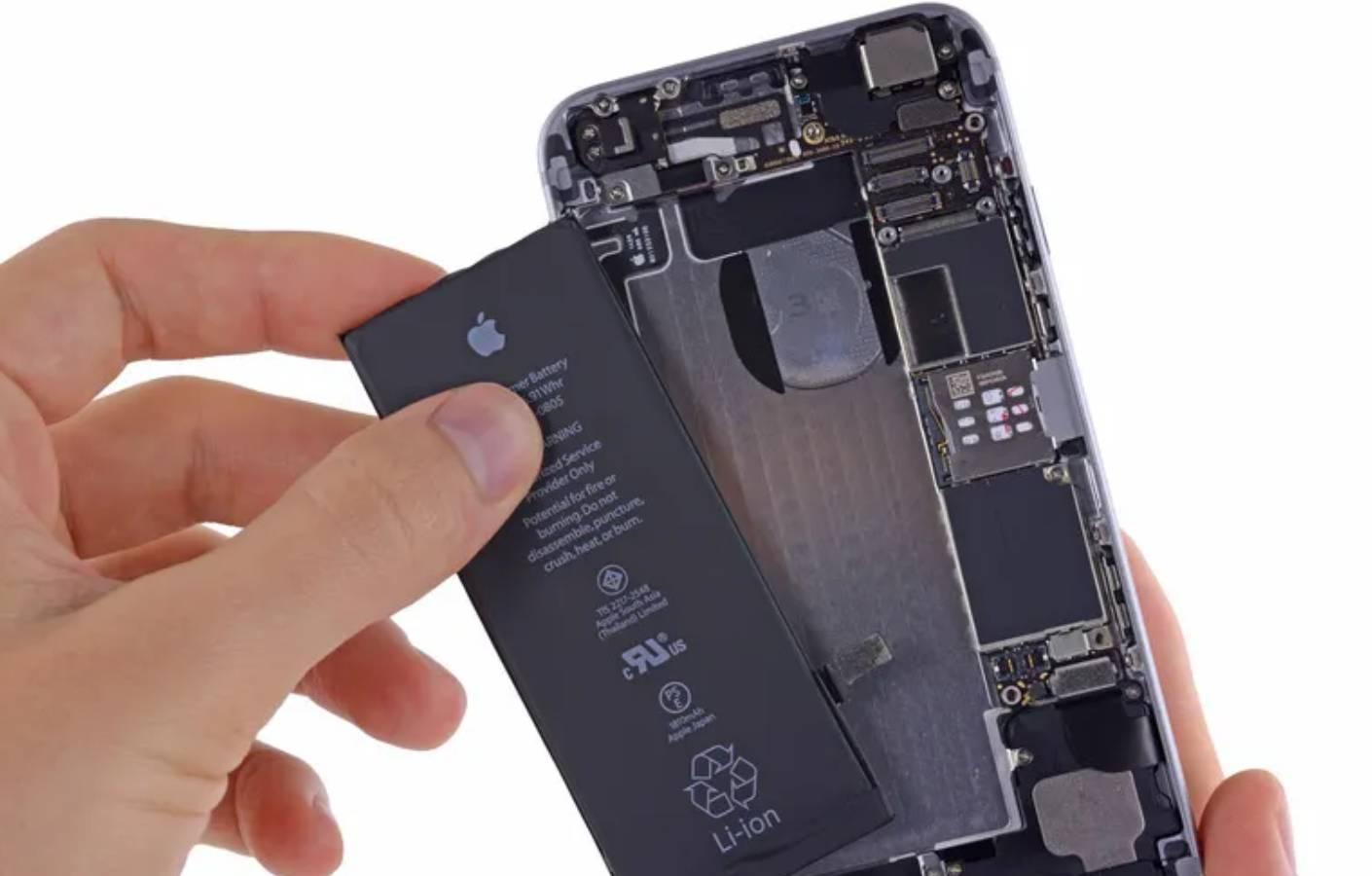If the car does not run for a long time, the battery will slowly lose power, which will run out in 4-6 months.
If you can, you can let your family charge the car battery regularly, start the car every 1-2 weeks, and run it for 5-10 minutes.
If the car is unattended, you can remove the negative terminal of the battery to minimize the consumption of electricity.
If you are not afraid of trouble you can remove the battery and store it separately in a cool and dry place.

How to Disconnect a Car Battery?
Car batteries are an essential part of vehicle operation, and like everything, they stop working after a while. When this happens, knowing how to properly disconnect your car battery is vital. Mistakes could ruin your battery permanently or cause you serious harm. Learn to do things the right way and in the right order, so you can be safe and confident next time you need to disconnect a car battery.
1. Shut Everything Off and Find the Battery
Make sure your vehicle is not running and all electrical components are off before starting the battery disconnection process.
Open your vehicle's hood if that's where the battery is housed, as it is in most vehicles. If your battery is somewhere else, do whatever you need to do to gain access. Look around to find it or consult your owner's manual for information specific to your vehicle.
Find the Battery: There are two terminals that you need to identify. You will see a negative terminal and a positive terminal. The negative terminal has a minus sign, while the positive terminal has a plus sign. Usually, these can be identified by looking at the colors of the plastic caps- the negative terminal is usually black while the positive terminal is usually red.

2. Disconnect the negative terminal of the battery
You should always remove the negative battery terminal first, to reduce the risk of sparks that can make the car battery explode. Once the negative terminal has been located, use the wrench to loosen the nut that holds the terminal. Once it is loosened, you can use your hand to remove the nut but make sure you have the safety gloves on.
After removing the negative connector, repeat the same process for the positive connector. Again, ensure that you push the cable far away and out of contact with the battery.
You might face some difficulty in finding the right size socket wrench but once you do, gently turn the screw in a counterclockwise direction until it becomes loose. Make sure to keep the nut in a safe place.
3. Removing the Battery
Once the battery is disconnected, you can unscrew the brackets that hold it in place and remove it from its tray. This is the last step in disconnecting your battery and must be done carefully since the battery can be quite heavy (as much as 60 lbs). Dropping it on your car's engine components could cause significant damage. Once you complete this last step, you will easily be able to clean the entire tray, removing any dirt, debris, and corrosion.

Tips for your car battery maintenance:
If you're removing the battery cables to store your ride for an extended time, know that a fully charged battery will hold its charge for six months to a year if you disconnect the negative cable. If you're disconnecting the negative cable and leaving the battery in place, be sure to push the cable out of the way. If there's any chance that it might spring back into place and touch either battery terminal, use zip ties to hold it in place.
Contact Us
For further product information, please visit:
- Official website: https://www.lokithorshop.com/
- Facebook: https://www.facebook.com/Lokithorshop/
- Email address: info@lokithorshop.com
Recommended reading: What‘s the difference between lithium and lithium-ion batteries






Leave a comment
All comments are moderated before being published.
This site is protected by hCaptcha and the hCaptcha Privacy Policy and Terms of Service apply.